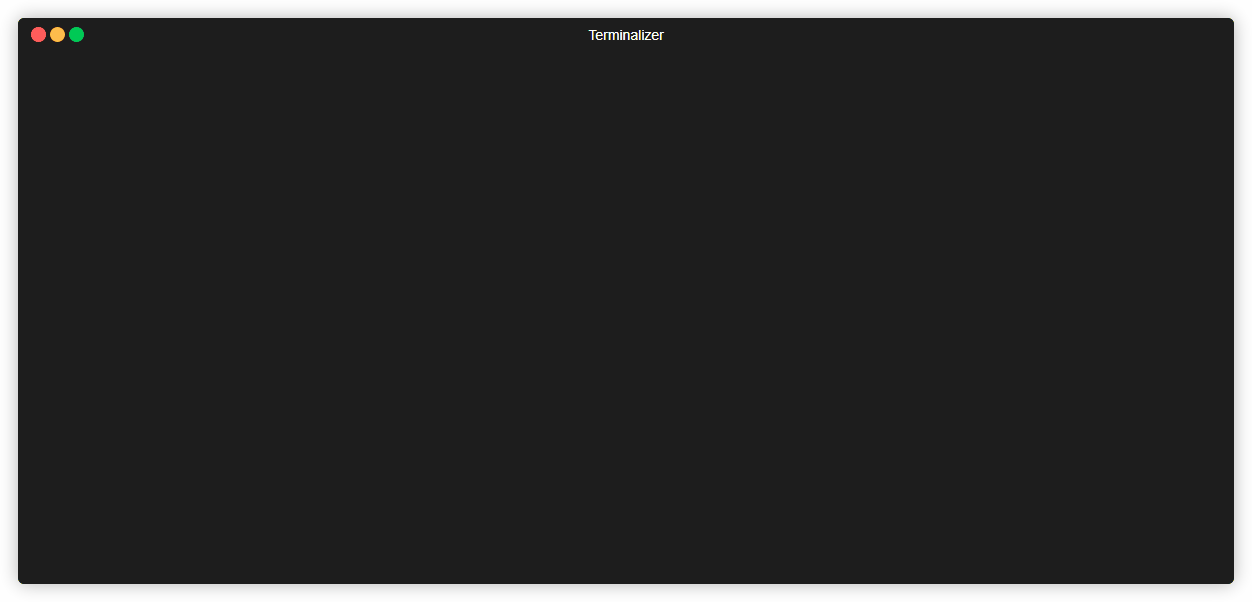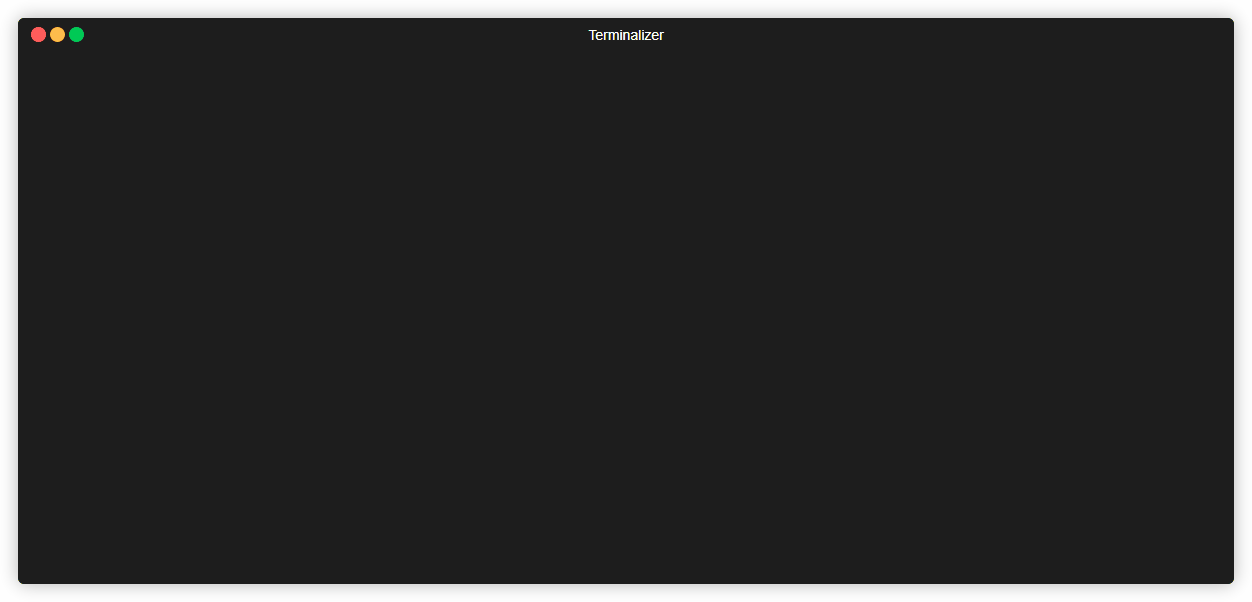
import code
import traceback
import json
import requests
import argparse
import art
# Parsing Arguments (URL of Prometheus instance running)
parser = argparse.ArgumentParser(description='Query PromQL via Interpreter')
parser.add_argument('--url', dest='URL', type=str, default='http://localhost:9090',
help='Domain/IP of the Prometheus (default: http://localhost:9090)')
args = parser.parse_args()
args.URL = args.URL.rstrip('/')
# Printing Banner of the Session (URL of Prometheus instance running)
print(f'Connecting to {args.URL}/api/v1/query','\n')
art.tprint("PromQL Interpreter")
print('Enter Query to check, Enter Ctrl+Z to Exit')
# repl loop
def repl(query):
while query:
try:
# getting PromQL Query as Input
query = input('query > ')
except EOFError as e:
break
try:
# Making a Post request to the Prometheus End Point
resp = requests.post(f"{args.URL}/api/v1/query", data={'query': query },
headers={'Content-Type': 'application/x-www-form-urlencoded'})
# Printing Response Code
print(f"response code : {resp.status_code}")
# Printing response Payload if response status code is 200 OK
if resp.status_code == requests.codes.ok:
print(json.dumps(json.loads(resp.text), indent=2))
except Exception as err:
# Traceback of errors if any
traceback.print_exc()
if __name__ == '__main__':
inp = True
repl(inp)
Usage of the python file is shown below.
query command : promhttp_metric_handler_requests_total{code="200"}

